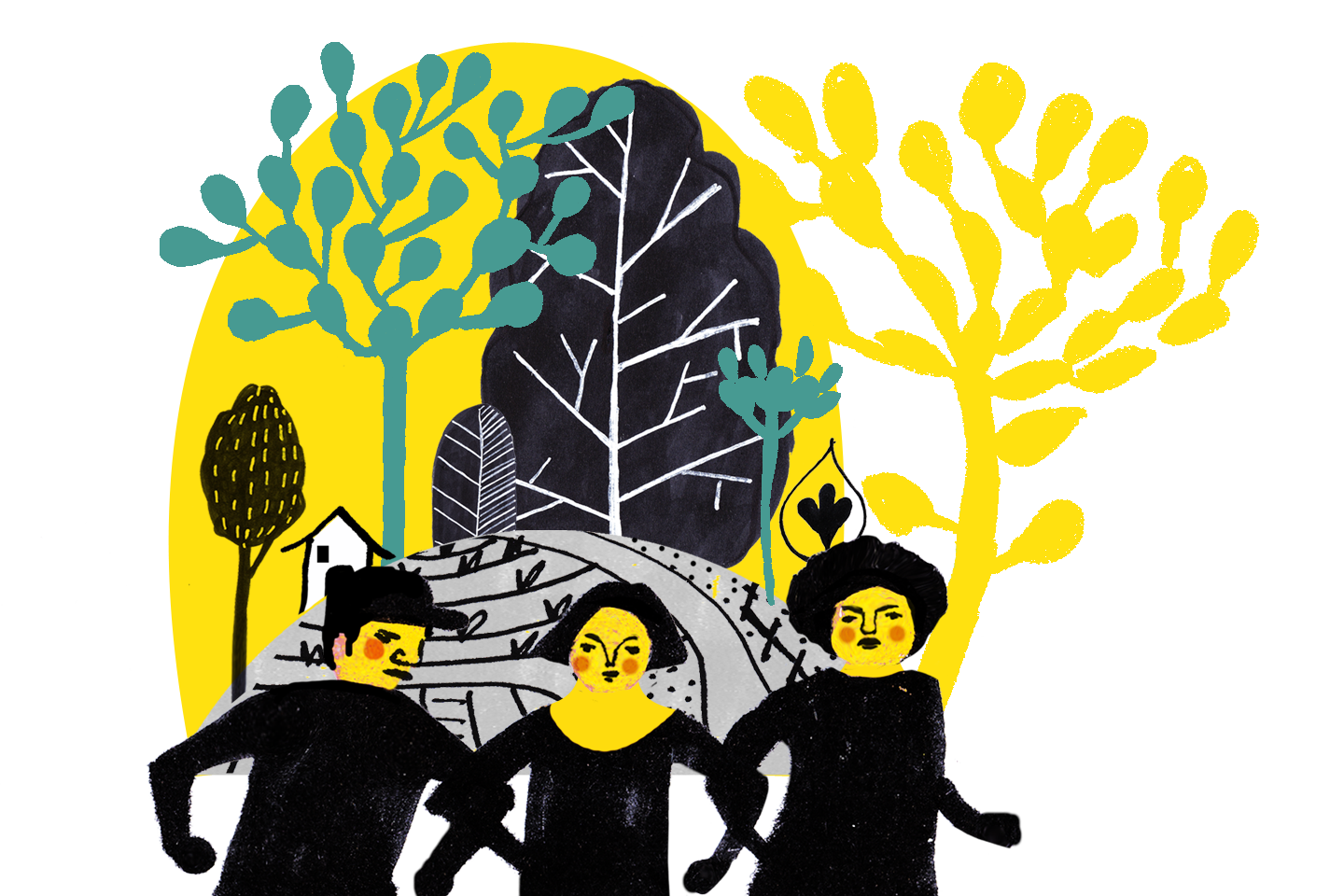
Stay Grounded
is a global network of more than 200 member organisations. Together, we campaign for a reduction of aviation and its negative impacts on climate and health and fight greenwashing climate strategies like carbon offsetting and the largely illusory promise of so-called “sustainable aviation fuels” (SAF). Our vision is a form of mobility that rests inside the planetary boundaries and allows a livable future for us and our children.
What We Stand for
Aviation is the most climate damaging form of transport and one of the fastest growing sources of greenhouse gas emissions. While only a wealthy minority flies, it is mostly non-flyers who bear the brunt of the climate crisis.
Business as usual is not an option. We stand for 13 steps to transform transport, society and the economy to be just and environmentally sound.

Our Network
The Stay Grounded Network consists of member organisations and regional groups around the world – all fighting to reduce aviation.


Join the Movement
Do you want to support and take part in our movement for a just mobility system? Then join us: engage in the network, find a local group, support our campaigns, become a volunteer, get support for your action, ground your organisation or travel differently!

Our Team & Structure
Stay Grounded consists of many parts: the campaigner’s team, the coordination team “turtles”, regional teams and of course our members. Find out who we are and how to get in contact with us.
How We are Financed
Who Funds Us?
Our work is mainly financed by donations and foundation funding.
Support Us
You can support our work with your donation and help us become even more independent.
Press & Media
Do you want to know more about our reach in the press? Are you a journalist interested in a cooperation or information on aviation?



